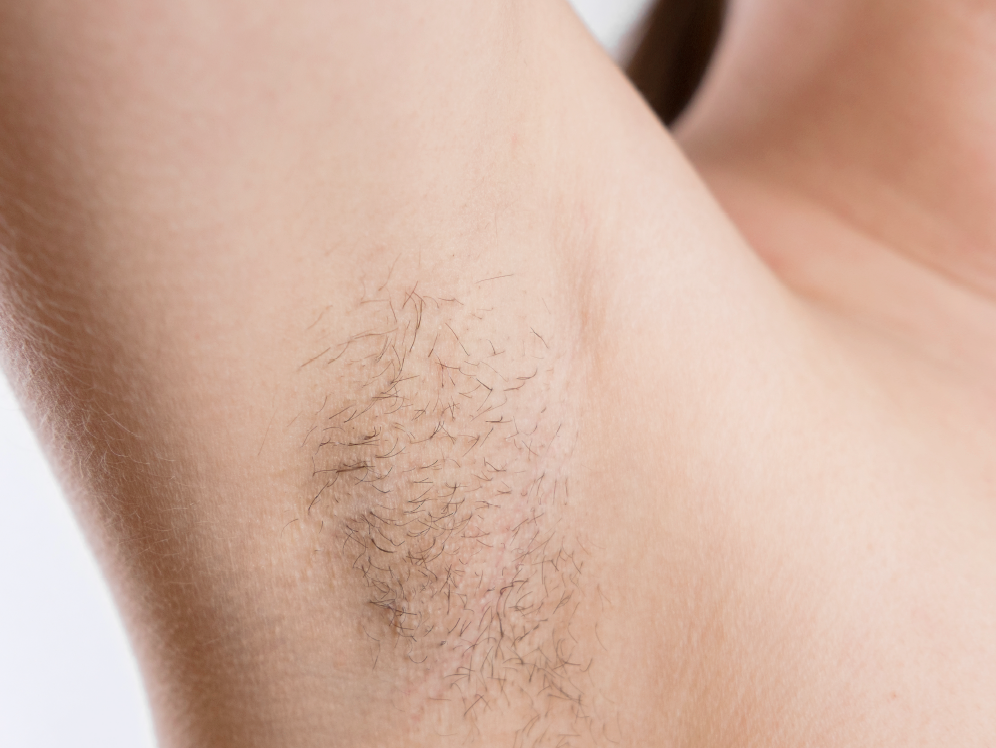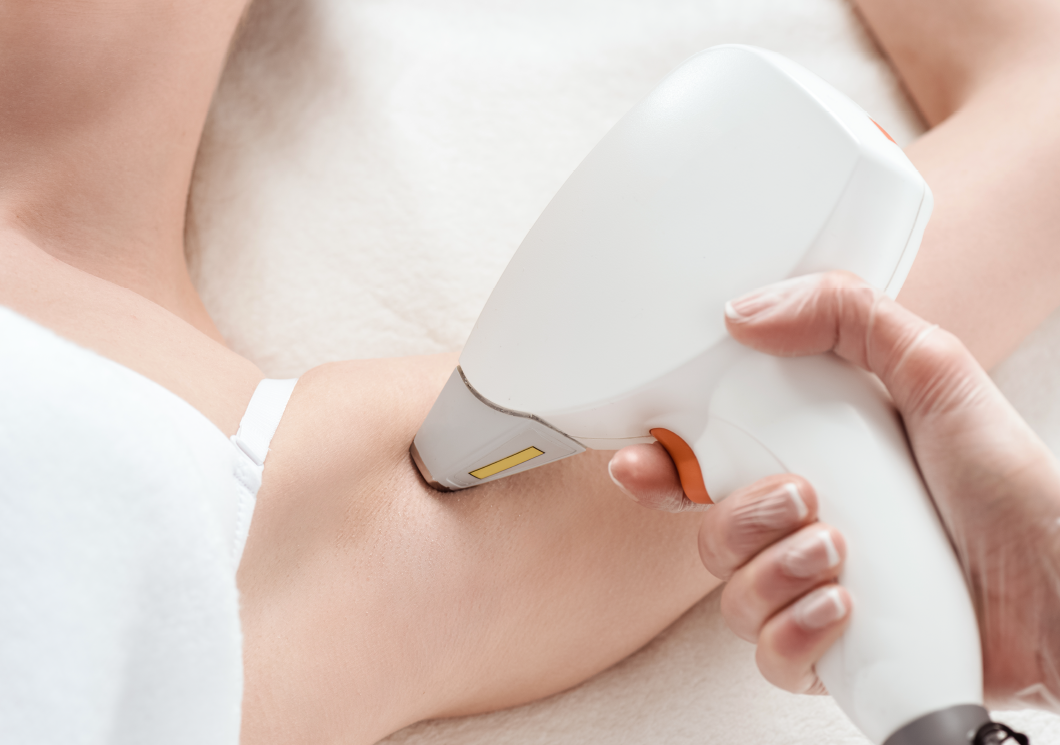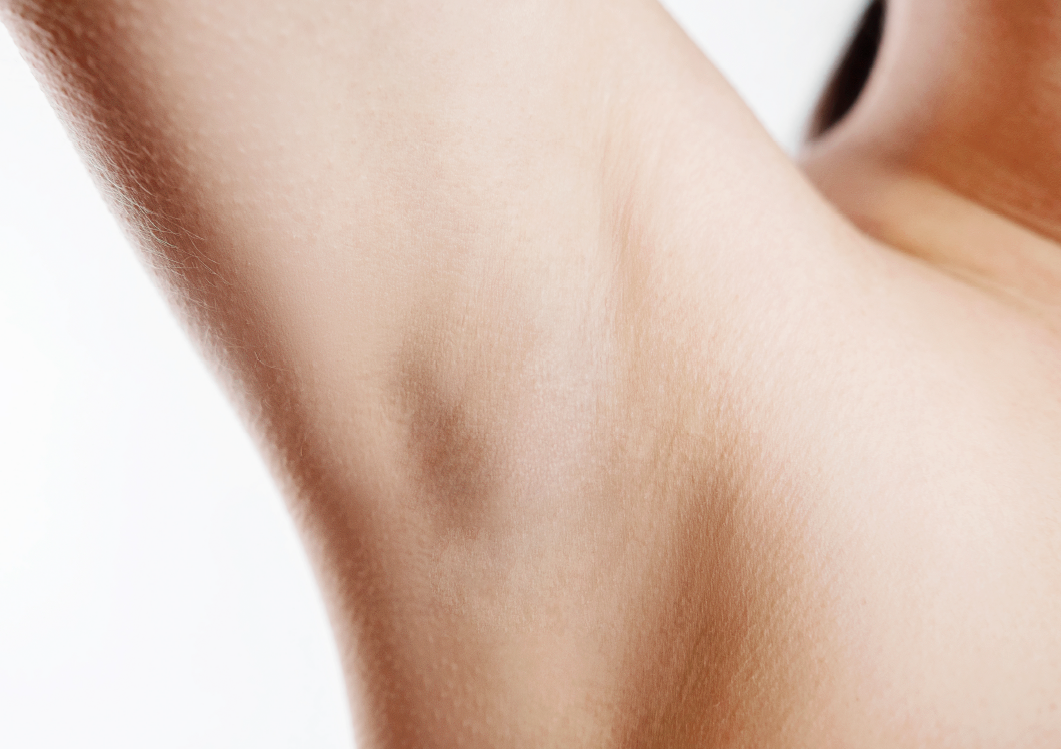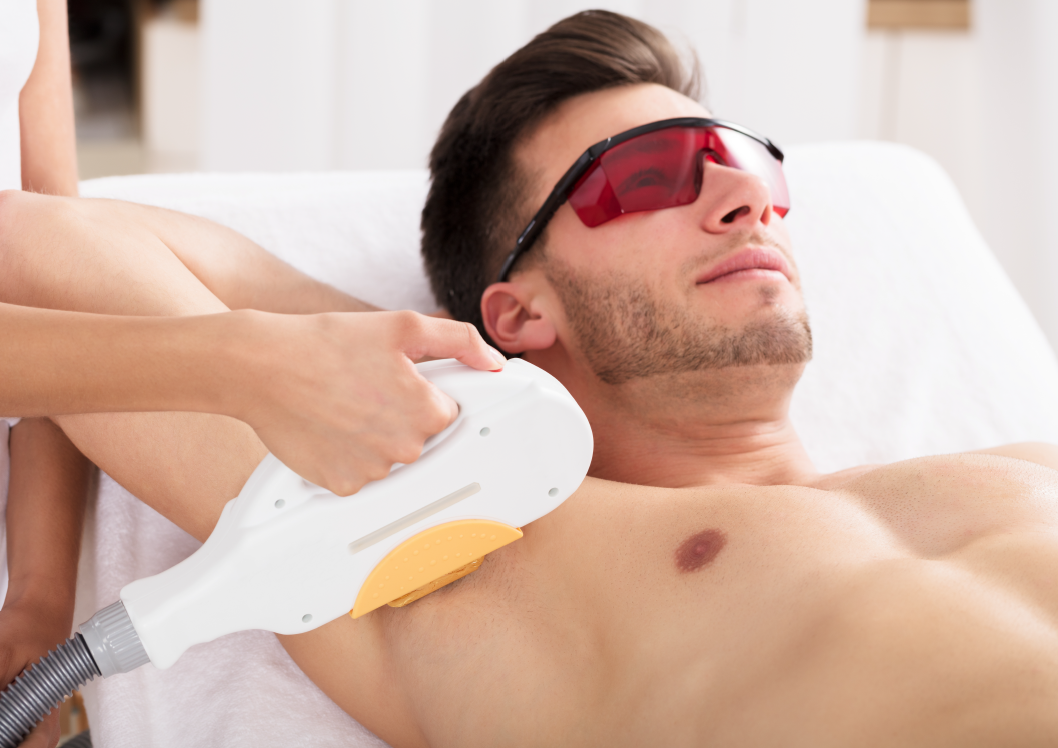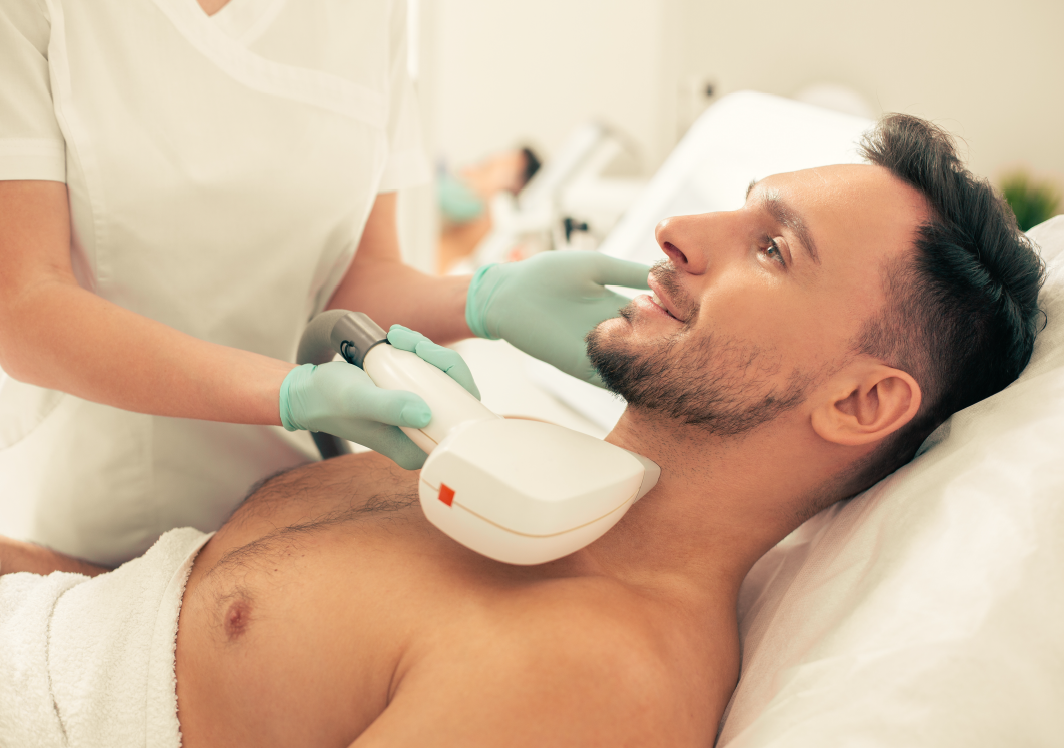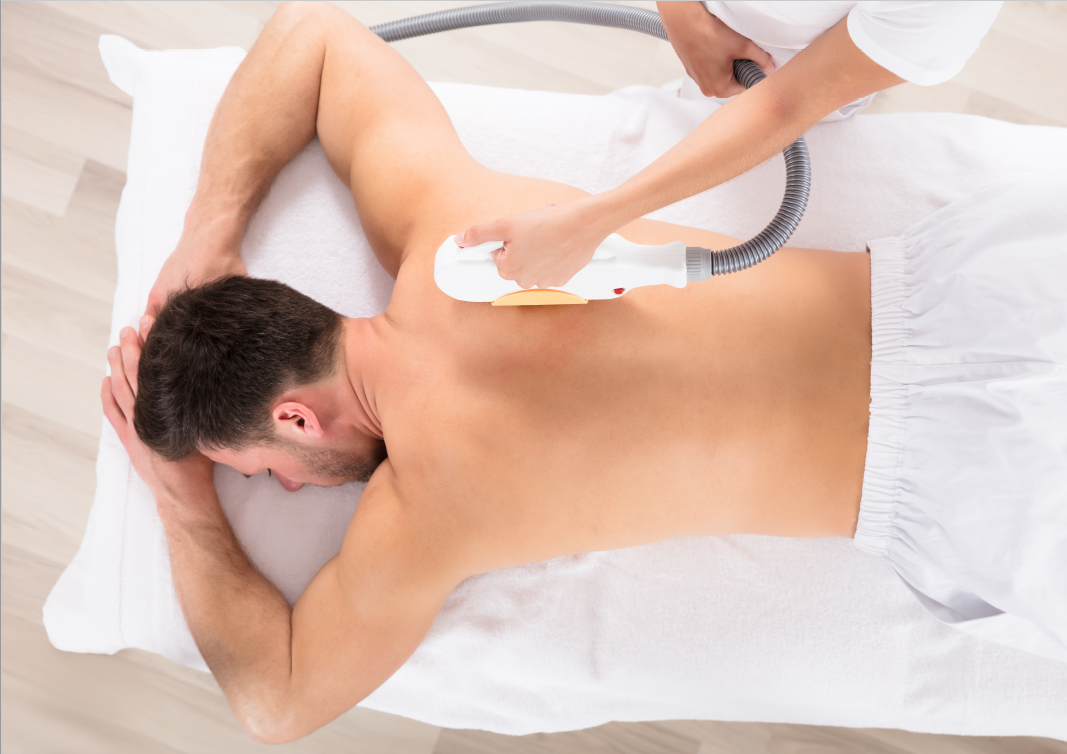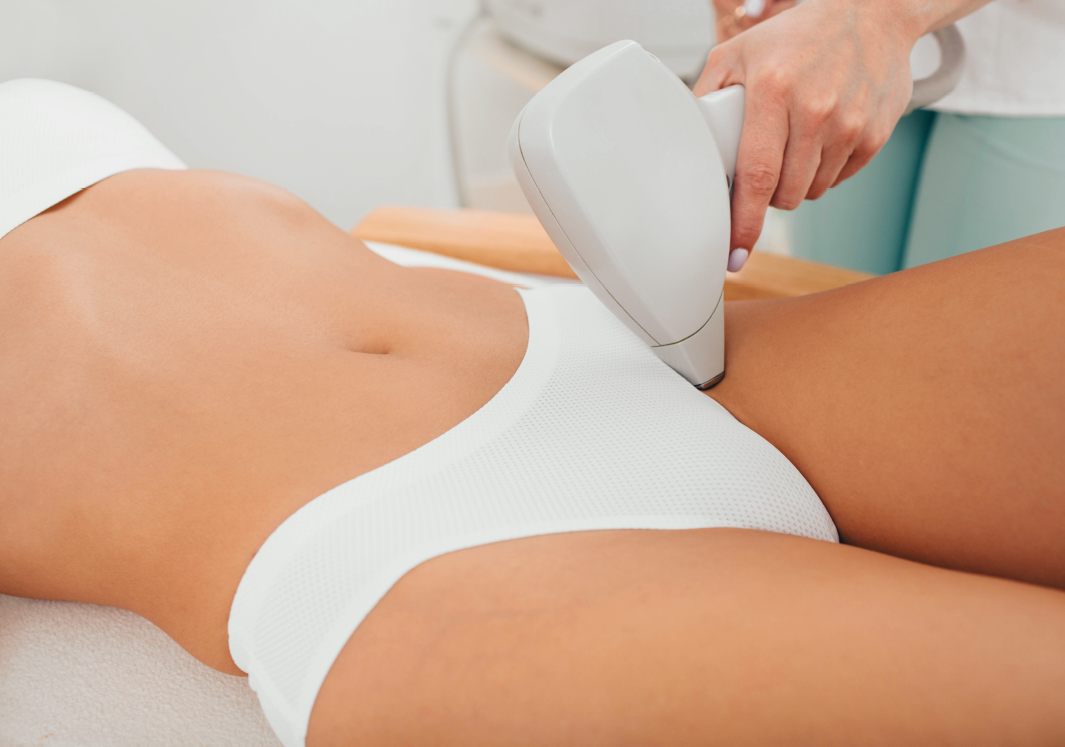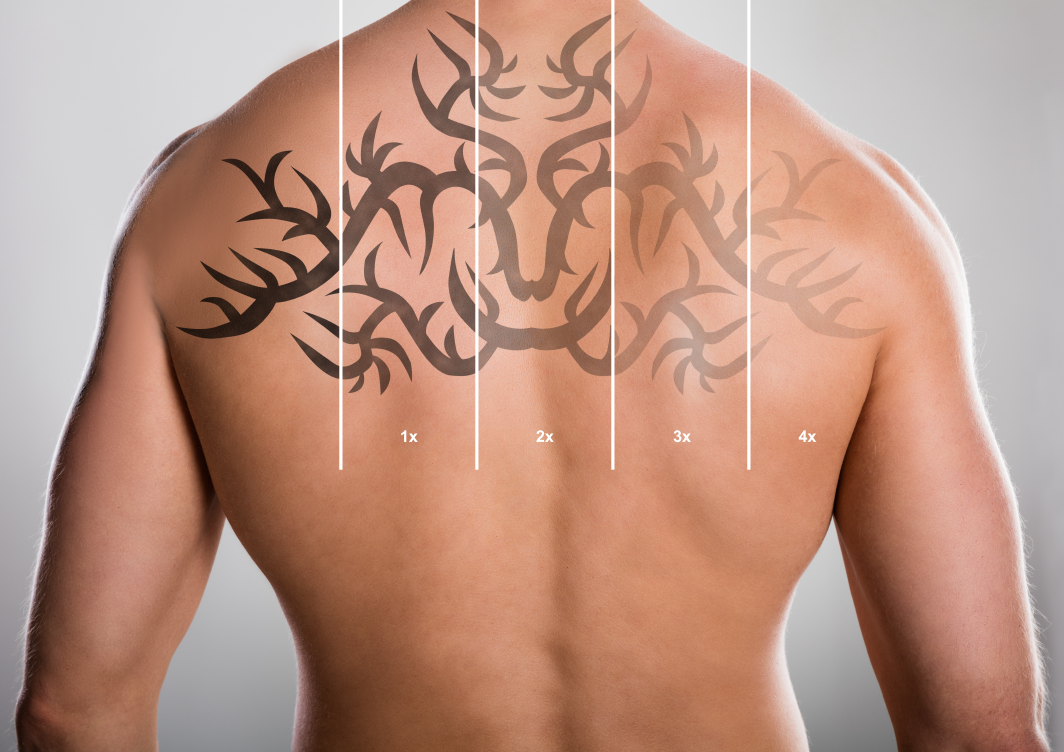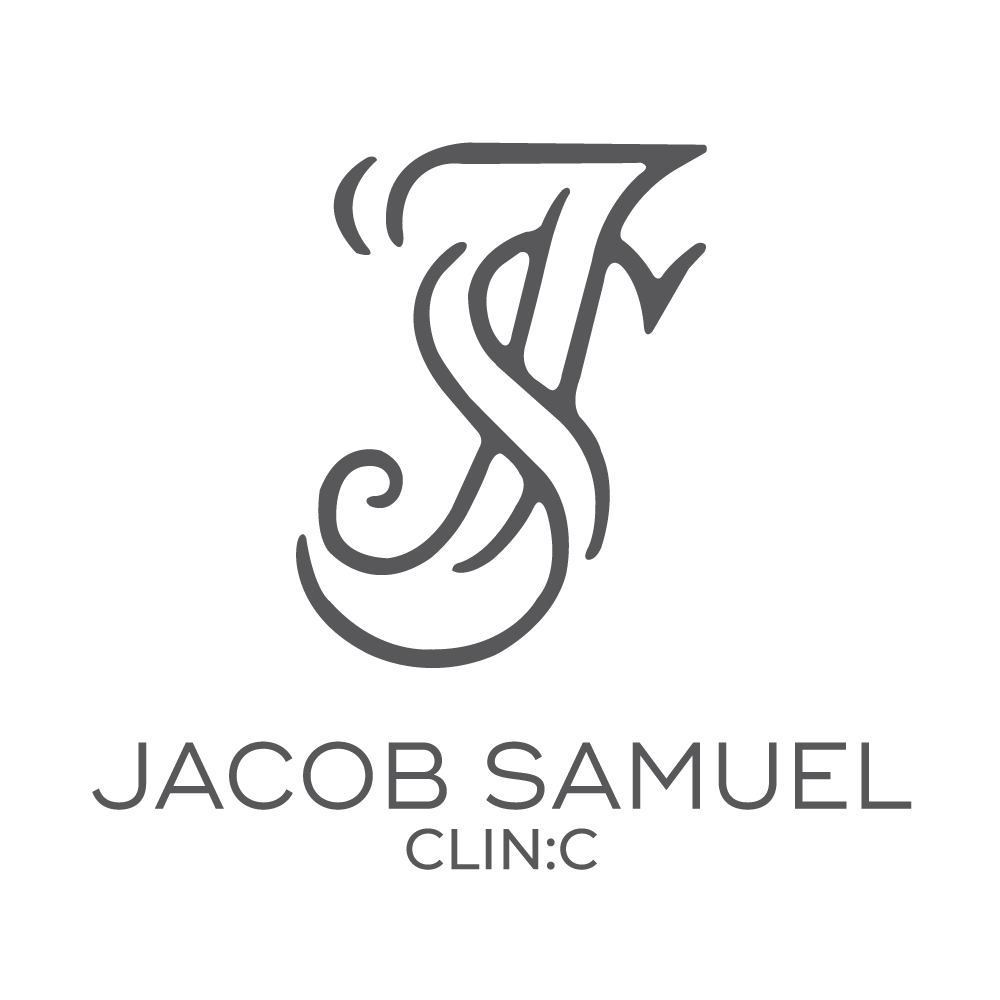Laser Hair Removal
Laser Hair Removal
Super Hair Removal - SHR
Super Hair Removal - SHR
Super hair removal – as opposed to IPL (intense pulsed light) – is the most successful method of long-term hair reduction and you can expect up to 90 percent hair removal in six treatments.
This latest technology works by targeting the area under the skin’s surface, your skin is left completely intact and untouched with virtually no visible symptoms. The laser treatment is also paired with an effective air cooling tool on the surface so that your skin feels a little warm and tingly at most. Unlike other laser treatments and short-term waxing, you won’t experience any superficial burns or pain and there isn't any need for numbing or anesthesia.

